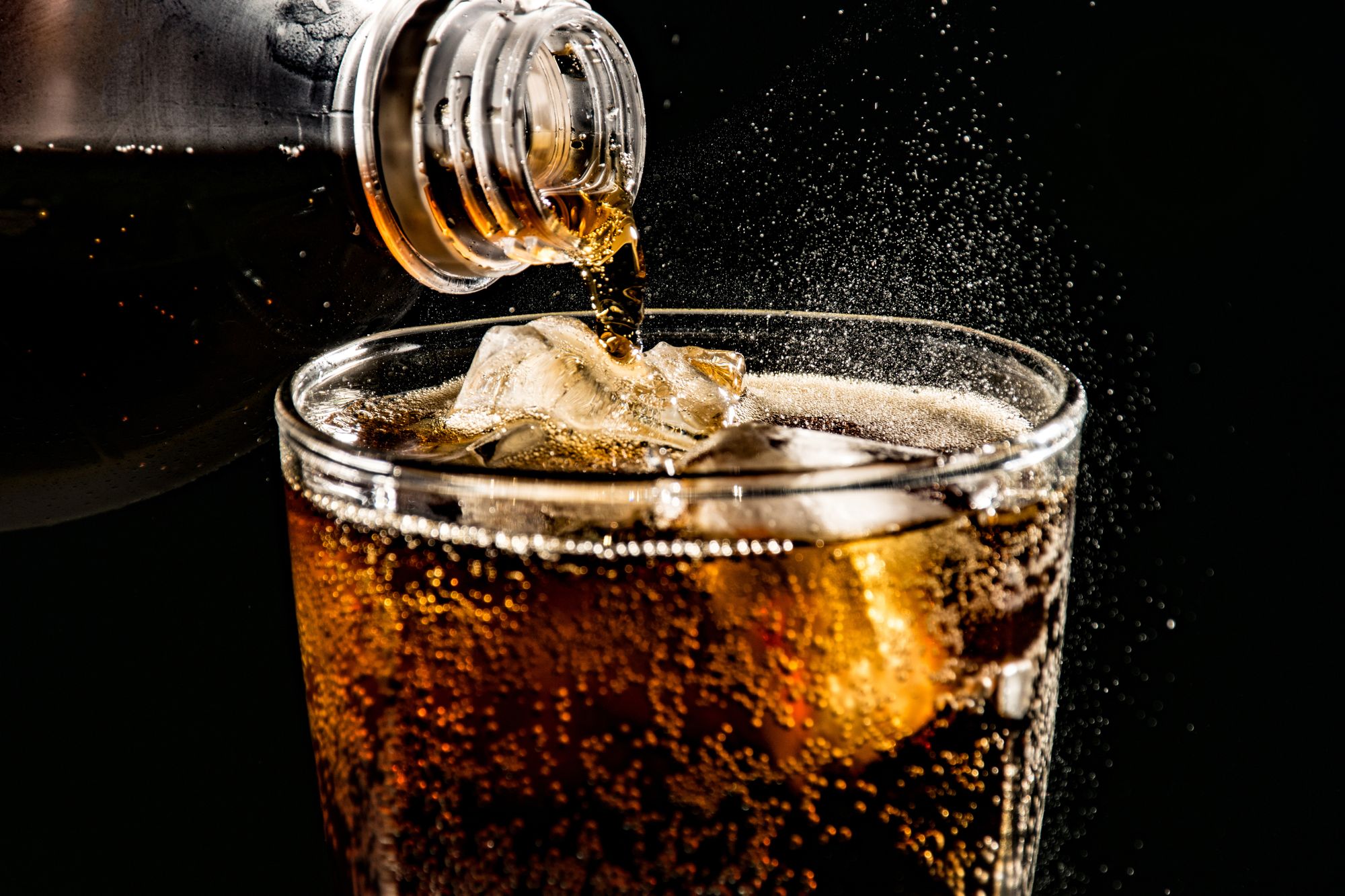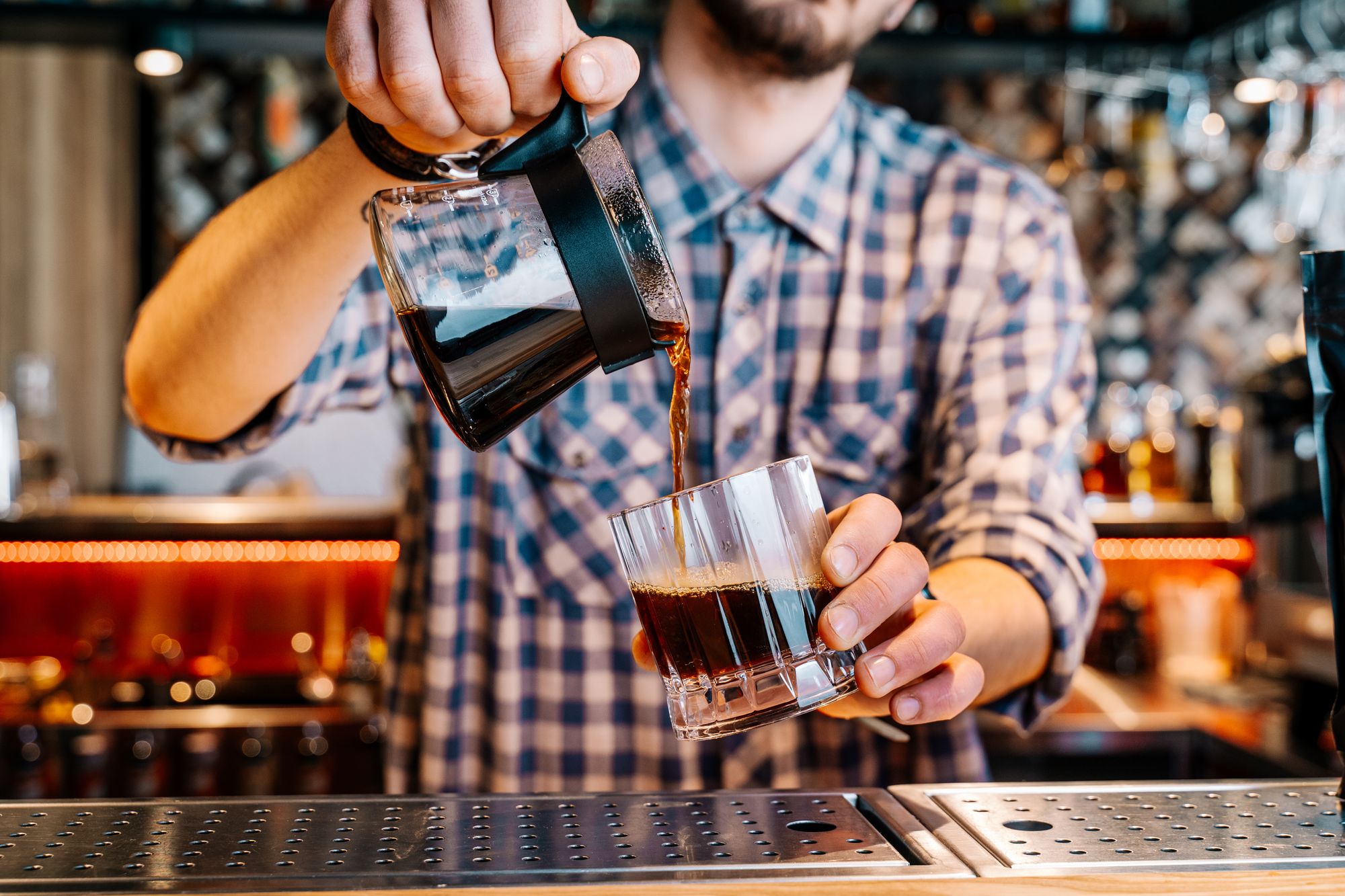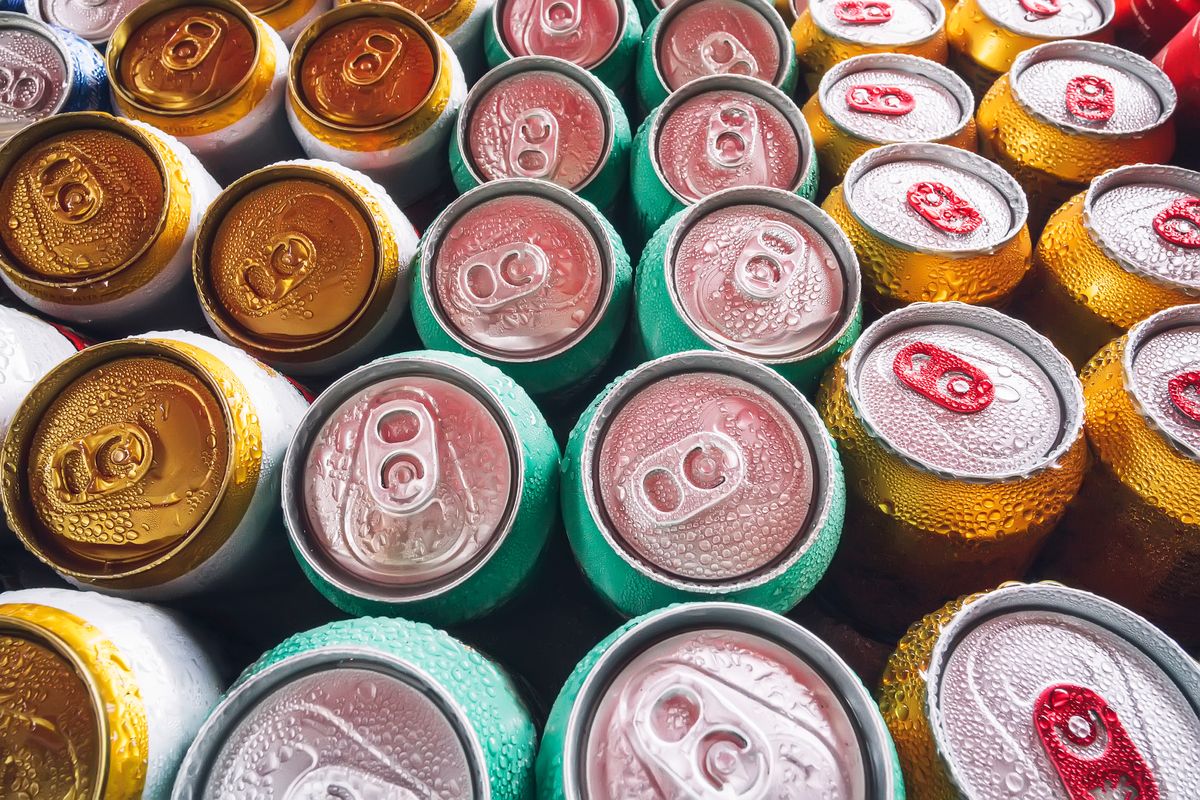Concerned About Dementia in Your Golden Years? Here's How Your Diet Can Help Lower Your Risk
Many people worry about developing dementia in their later years, especially if they have a family history of Alzheimer's or other types of dementia. However, the good news is that dementia is not an inevitable fate. Studies show that leading a healthy lifestyle, including making smart choices about what you eat and drink, can help lower your risk.
According to a report by the Alzheimer's Association, one in three seniors dies with Alzheimer's or another form of dementia, making it a leading cause of death. In fact, dementia kills more people than breast cancer and prostate cancer combined. As of 2022, an estimated 6.5 million Americans aged 65 and older were living with Alzheimer's, and this number is expected to continue rising as our population ages.
What is the Effect of Drinks on Your Brain Health?

According to a 2017 report from the CDC's National Center for Health Statistics, almost half of all adults in the U.S. consume sugar-sweetened beverages daily, such as regular soda, fruit-flavored drinks, sports drinks, and horchata, providing about 150 calories or 37 grams of sugar per day. The American Heart Association has set upper limits on added sugars at 36 grams per 150 calories for men and 25 grams per 100 calories for women.
The consumption of sugar has been linked to metabolic conditions such as cardiovascular disease, stroke, inflammation, metabolic syndrome, and type 2 diabetes. These conditions also increase the risk of dementia because maintaining healthy blood vessels is essential for optimal brain function.
In a study published in the Journal of Prevention of Alzheimer's Disease, individuals who reported consuming the most sugar-sweetened beverages were three times more likely to develop dementia compared to those who did not drink sugary beverages. These individuals were also twice as likely to suffer from stroke.
Research from the Harvard School of Public Health indicates that individuals who drink one or more sugary beverage per day have poorer memory, smaller overall brain volume, and a significantly smaller hippocampus, which is the area of the brain associated with memory and learning. The authors suggest that sugary drinks may be linked with symptoms of preclinical Alzheimer's disease.
As the primary source of added sugar in the typical American diet, reducing regular soda intake can be a simple way to promote brain health and reduce dementia risk. A 12-ounce can of soda contains around 150 calories and 37 grams of sugar, exceeding the recommended daily limit for added sugars.
Milkshakes
Milkshakes are a beloved treat for many, but their high levels of sugar and saturated fat can be detrimental to brain health. Saturated fat, which is present in full-fat dairy products, fatty meats, butter, and coconut and palm oils, is known to increase levels of LDL cholesterol.
Studies have shown that high cholesterol levels can significantly increase the risk of dementia. In fact, three large human population studies have found that high intakes of saturated fat double the risk of Alzheimer's disease, while diets rich in unsaturated fats lower the risk. A medium chocolate shake from McDonald's, for example, contains 650 calories, 85 grams (or 21 teaspoons) of added sugar, and 11 grams of saturated fat - more than half of the total recommended daily intake of saturated fat.
It's important to be mindful of the impact of milkshakes on your brain health and limit your consumption of these indulgent treats.
Specialty Coffee Beverages

While regular coffee and tea can be a great source of antioxidants and other plant-based nutrients, many people prefer their beverages sweetened. Specialty coffee drinks from popular coffee shops, however, can contain a surprisingly high amount of added sugars and unhealthy saturated fats.
Common drinks such as mochas, flavored lattes, and frappes can contain as much sugar as two 12-oz cans of soda. For example, a 16-ounce Toasted White Chocolate Mocha Frappuccino from Starbucks contains 420 calories, 64 grams (or 16 teaspoons) of sugar, and 10 grams of saturated fat. These sugary, fatty, and calorie-dense options are equivalent to eating cake or several chocolate chip cookies. If you want a healthier pick-me-up, ask for sugar-free flavorings and request skim milk to be used in your beverage.
Choosing healthier options when it comes to specialty coffee drinks can make a significant difference in your overall health and well-being.
Sports Drinks
For most people who are not competitive athletes, it's important to limit the amount of sports drinks they consume each day. Sports drinks can have a detrimental impact on brain health, particularly on the brain's grey matter.
One of the reasons why these drinks can be harmful is that they're often marketed as healthier alternatives to soda. While sports drinks are necessary for top athletes to maintain hydration during endurance-type events, most people who exercise recreationally can substitute water or calorie-free electrolyte replacement tabs instead of sports drinks.
A typical 20-ounce bottle of a sports drink such as Gatorade contains 140 calories and 34 grams (or 8.5 teaspoons) of sugar, which is the daily recommended limit for adults. Like soda, the sugar in sports drinks can increase the risk of weight gain, type 2 diabetes, cardiovascular disease, and neurological issues. A better alternative for sports hydration is an electrolyte tablet or powder with no or minimal added sugar, such as LMNT, Nuun, DripDrop Ors, or Ultima.
Drinks for Recovery

Recovery drinks, like sports drinks, are designed primarily for serious athletes. They contain a 4:1 ratio of carbs to protein and are specifically formulated to replenish fluids, carbohydrates, and protein after strenuous exercise.
While these drinks are beneficial for athletes, they are not particularly healthy for brain health due to their high calorie and simple carbohydrate content. For instance, a serving of Endurox R4 Recovery Smoothie contains 280 calories and 39 grams (or about 10 teaspoons) of added sugar. Unless you are a serious athlete who struggles to maintain weight, there is little reason to include these drinks in your diet.
Energy Drinks Containing Caffeine
Caffeinated energy drinks such as Red Bull, Rockstar, Monster, and others were initially created for extreme athletes or for college students needing a boost to wake up or stay awake. However, these drinks offer no benefits when it comes to maintaining brain health due to their high sugar content.
For example, a 12-ounce can of Red Bull contains 168 calories and 37 grams (or 9 teaspoons) of added sugar. An original flavor 16-oz Rockstar energy drink has 260 calories and 63 grams (nearly 16 teaspoons) of sugar. If you desire the caffeine these types of drinks offer, opt for sugar-free flavors instead.

